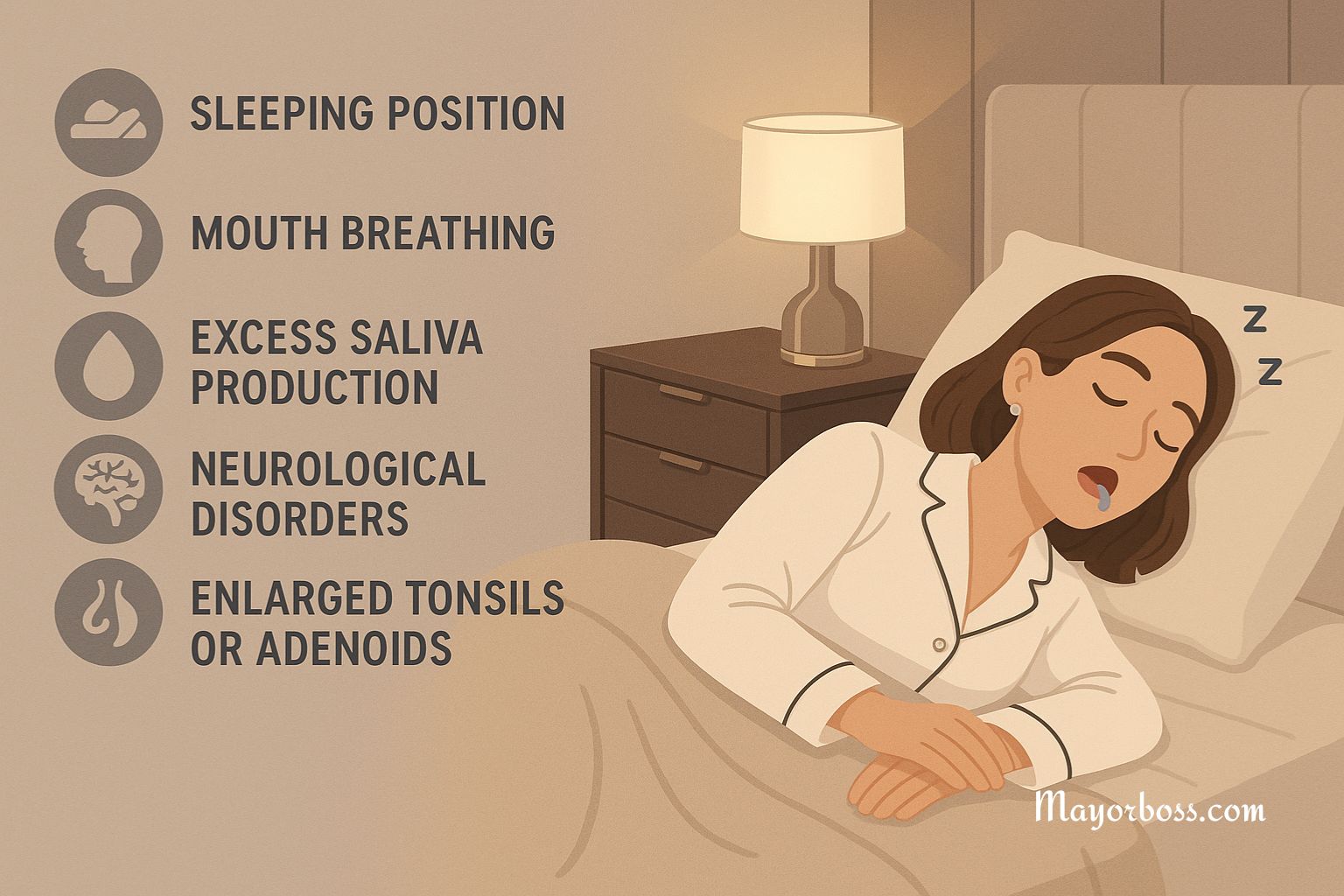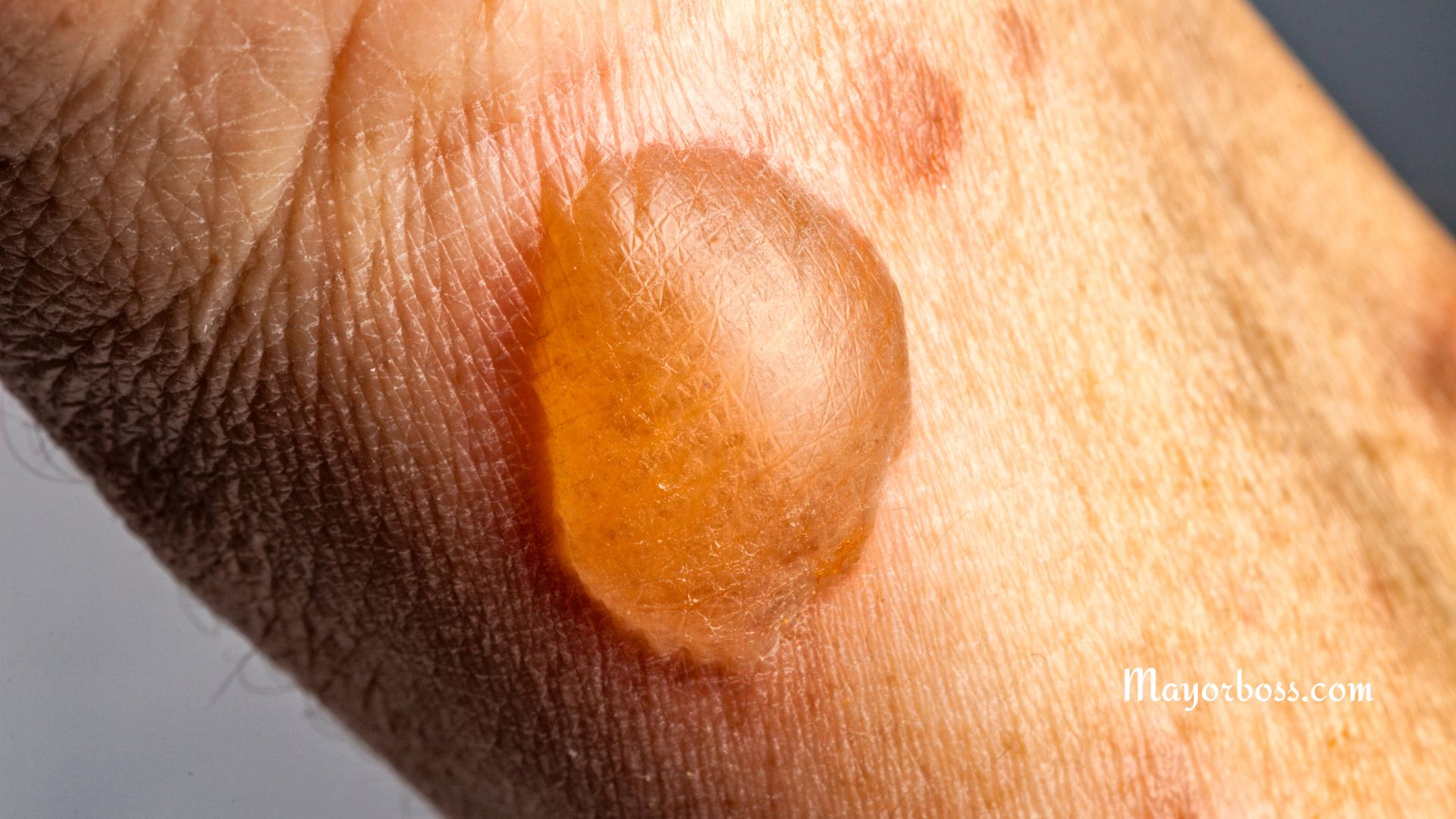6 Common Causes of Low Chloride Levels
Keeping your body’s electrolyte balance in check is vital for overall health, and chloride is a crucial part of that balance. Chloride, an essential electrolyte, helps maintain fluid balance, acid-base balance, and proper nerve and muscle function. But sometimes, chloride levels can drop, leading to a condition called hypochloremia.

Chronic Kidney Disease Can Lead to Low Chloride Levels
Chronic kidney disease (CKD) significantly impacts your body’s ability to manage electrolytes, including chloride. When kidneys are damaged, they can’t filter blood effectively, leading to imbalances. If you have CKD, you might experience low chloride levels because your kidneys can’t reabsorb chloride properly. This condition often requires regular monitoring and specific dietary adjustments to maintain electrolyte balance.
Diuretics Can Cause a Drop in Chloride Levels
Diuretics, commonly known as water pills, are often prescribed to treat high blood pressure or fluid retention. However, they can also cause your body to lose more chloride through urine. If you’re taking diuretics and notice symptoms like fatigue, muscle weakness, or confusion, it’s crucial to talk to your doctor. They may need to adjust your medication or suggest dietary changes to help maintain your chloride levels.
Excessive Vomiting Can Deplete Chloride Levels
Vomiting is not only uncomfortable but also depletes your body of vital electrolytes, including chloride. When you vomit, you lose stomach acids that are rich in chloride. This loss can lead to hypochloremia, especially if vomiting is severe or prolonged. If you’re experiencing frequent vomiting, it’s essential to seek medical advice. Hydration solutions or specific dietary adjustments might be necessary to restore your chloride balance.
Metabolic Alkalosis and Its Impact on Chloride Levels
Metabolic alkalosis is a condition where your body’s pH levels become too alkaline. This imbalance can cause your chloride levels to drop as your body tries to compensate by excreting more chloride through urine. Metabolic alkalosis can result from various factors, including prolonged vomiting, diuretic use, or an underlying health condition. Managing this condition often involves treating the underlying cause and closely monitoring your electrolyte levels.
Addison’s Disease Can Lead to Low Chloride Levels
Addison’s disease, a rare but serious condition, affects your adrenal glands’ ability to produce hormones. This hormonal imbalance can disrupt your body’s ability to maintain electrolyte levels, including chloride. People with Addison’s disease often experience symptoms like fatigue, muscle weakness, and low blood pressure. Treatment usually involves hormone replacement therapy and careful monitoring of electrolyte levels to ensure balance.
Sweating Excessively Can Reduce Chloride Levels
Sweating is your body’s natural way to cool down, but excessive sweating can lead to electrolyte imbalances. Chloride is one of the electrolytes lost through sweat, and if you sweat a lot, you might experience low chloride levels. This is particularly common in athletes or individuals living in hot climates. To counteract this, it’s essential to stay hydrated and consider electrolyte-rich drinks or foods to replenish lost chloride.
Managing Low Chloride Levels
Managing low chloride levels starts with identifying the underlying cause. If you suspect you have hypochloremia, it’s important to consult with a healthcare professional who can conduct proper tests and provide tailored advice. Treatments may include dietary changes, medication adjustments, or specific supplements to restore balance.
Staying Hydrated is Essential
One of the simplest yet most effective ways to manage and prevent low chloride levels is by staying hydrated. Water plays a crucial role in maintaining electrolyte balance. If you’re at risk of low chloride levels due to conditions like excessive sweating or vomiting, drinking electrolyte-rich fluids can help.
Monitor Your Diet
Your diet can significantly impact your electrolyte levels. Foods high in chloride, such as table salt, seaweed, rye, tomatoes, lettuce, celery, and olives, can help boost your chloride intake. Incorporating these foods into your meals can be a simple way to maintain healthy chloride levels.
Regular Check-Ups
If you have a condition that predisposes you to electrolyte imbalances, regular check-ups are vital. Monitoring your chloride levels through blood tests can help catch any imbalances early, allowing for prompt treatment. This approach is especially important for individuals with chronic conditions like kidney disease or those taking medications that affect electrolyte levels.






